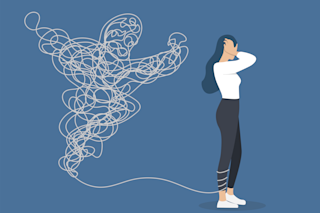On a Sunday evening in September 1994, David Peters drove to a church service in Beckley, West Virginia, as the sun set over the horizon. He was 19 years old, just back from Marine Corps boot camp. He hadn’t been behind the wheel of a car all summer.
The road curved, and Peters misjudged the turn. Rays from the dipping sun blinded him. The car hit the median and headed straight at an oncoming motorcycle. And then, Peters says, “Everything went crash.”
His friend, sitting in the passenger seat, seemed fine. Peters got out of the car. The driver of the motorcycle was alive, but the woman who’d been riding behind him was now laid out on the pavement. Peters quickly realized she was dead.
Now an Episcopal priest in Pflugerville, Texas, outside Austin, Peters says there have been periods during the last 28 years when he’s found the knowledge ...














